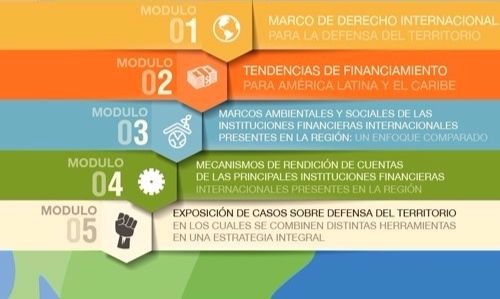From the Ministry of Health of the Nation developed an action plan that includes representatives of different sectors, in order to push the ratification of the Framework Convention on Tobacco Control (FCTC) by the Argentine State, an international health treaty public with members from 180 countries and that Argentina has not yet ratified.
“Below, we offer a google translate version of the original article in Spanish. This translation may not be accurate but serves as a general presentation of the article. For more accurate information, please switch to the Spanish version of the website. In addition, feel free to directly contact in English the person mentioned at the bottom of this article with regards to this topic”.
On April 24, a new meeting of the National Commission for the Coordination of Tobacco Control took place. The event was attended by representatives of about 40 organizations that include government agencies, NGOs, scientific societies, among others.
Among the conclusions of this first event, the following stand out:
- A national law is not enough, the ratification of the (FCTC) provides tools, measures and mechanisms of international cooperation that can not be replaced by national policies: the protection of small producers, the interference of industry and illegal trade, for example , can not be fully covered by national legislation. If we do not ratify the FCTC, Argentina is left out of the international assistance provided by the FCTC to its members and we are damaging with other countries in the region.
- The FCTC is not against small producers, on the contrary, articles 17 and 18 of the agreement focus on protecting small producers in the diversification of their crops. The ratification has a gradual implementation of its measures in order to protect small producers. In addition, the example of other countries that ratified is that there was no impact on the cultivation of tobacco.
- It was recalled that before the international community, ratification facilitates the entry of Argentina into the Organization for Economic Cooperation and Development (OECD). This claim does not come only from public health institutions.
For several years, several monitoring bodies of international human rights treaties have been recommending that the Argentine State ratify this treaty. Indeed, the Committee for the Elimination of All Forms of Discrimination against Women (CEDAW), the Committee for the Rights of the Child (CRC) and the Committee on Economic, Social and Cultural Rights (CESCR) have emphasized that for the adequate protection of the right to health in general and in particular of populations such as women, children and girls, Argentina should ratify the FCTC.
Together with other civil society organizations, such as FIC Argentina, we present shadow reports to these human rights committees. As examples, the CESCR recommended “the State party to ratify and implement the WHO Framework Convention on Tobacco Control”. For its part, CEDAW expressed concern about the “high tobacco consumption among girls compared to boys”. By virtue of this, It recommended to Argentina “ratify the Framework Agreement of the World Health Organization for Tobacco Control”.
As part of this action plan, a Declaration was sent from FUNDEPS, the creation of an executive committee and the holding of periodic meetings is foreseen. In this sense it is valid to clarify that Senator Silvina García Larraburu presented a bill before the Congress that seeks to ratify the Convention.
Contact
Agustina Mozzoni, <agustinamozzoni@fundeps.org>


